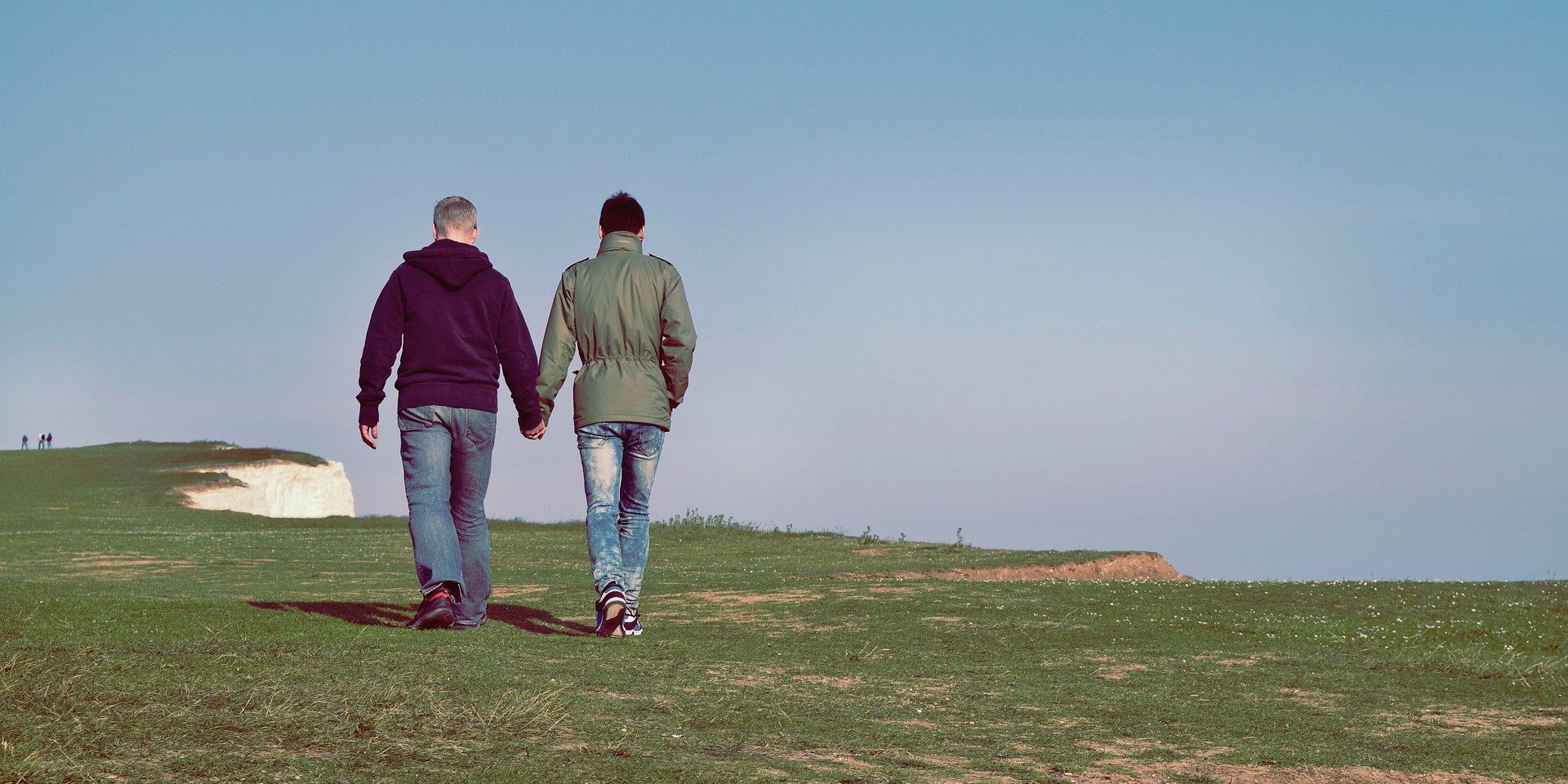
Many people think that gay relationships are much easier than their heterosexual counterparts. That misconception mainly stems from the belief that members of the same gender understand each other’s needs better. However, gay relationships aren’t without their share of challenges too. And gender has nothing to do with it. Just like heterosexual partners, gay partners can have a healthy relationship in which both of them equally depend on each other for emotional support.
But when that dependency is one-sided, the relationship becomes codependent. When a person in a relationship is codependent, or excessively reliant on their partner, then the entire relationship can fall apart. Here are the tell-tale signs of codependency to watch out for in your gay relationship.

People-Pleasing Behavior
A codependent person feels the need to please their partner constantly. Their partner’s happiness is their number one priority, and they will go above and beyond to ensure it. This may sound considerate and compassionate, but it can do more harm than good when taken to extremes. Codependent people do all that at the cost of their own well-being. Making sure their partner is happy, safe, and has everything they need is what actually helps them get a sense of achievement. It’s even difficult for them to say “no” to anything. If they do, they will start feeling anxious because of the fear of rejection and abandonment. To them, saying “no” equals being selfish.
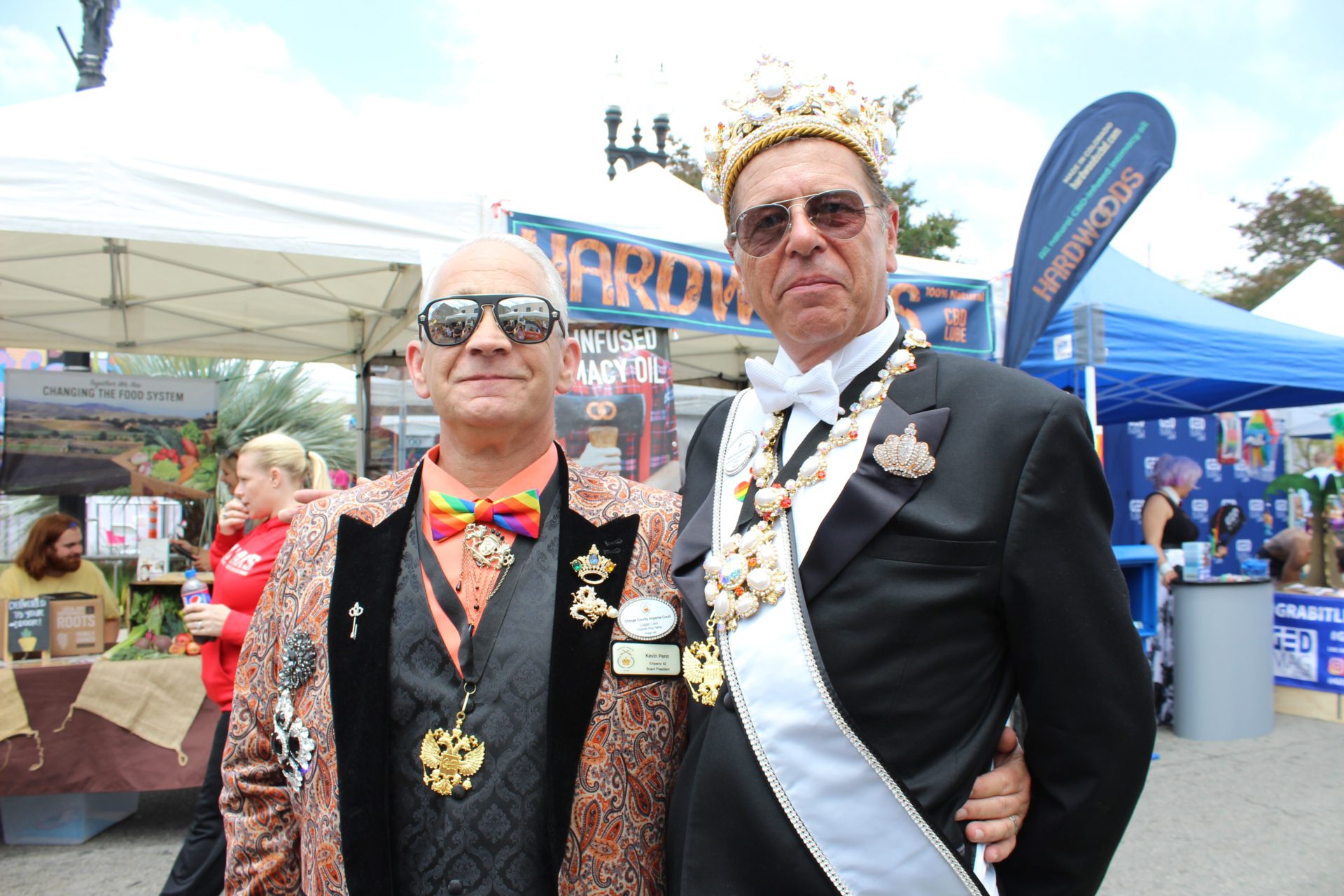
Giving Up One’s Own Interests and Desires
Codependent people in gay relationships tend to sacrifice their own needs, interests, and desires for the sake of their partner’s happiness. It’s not because their partner asked for such a sacrifice. They give it all up, often unconsciously because they are fully focused on their partner. They spend no time thinking about their own hobbies, needs, and even friends. They lose their own identity and become completely new persons. That’s one of the most common problems in relationships, gay or otherwise. When someone falls in love with you, they start loving everything that makes you who you are, even your flaws. But if you change and become a whole new person, you lose everything that made you “you.” And that’s not the person your partner fell in love with.

Low Self-Esteem
Codependent people usually have very low self-esteem. They feel like they’re never good enough, which is why they are exhibiting their people-pleasing behavior. Because of their poor sense of self-worth, they often think that they don’t deserve love. They can’t grasp the fact that someone loves them for who they are. This often leads to irrational fights about infidelity. When they look in the mirror and see only flaws, they start thinking their partner must be having an affair. They keep bringing it up out of fear of abandonment. But when such behavior continues for a long time, it can actually lead to cheating. The constant smothering is one of the bad habits that could affect fidelity in a relationship. The moral of the story is you need to love yourself if someone else is to love you too.
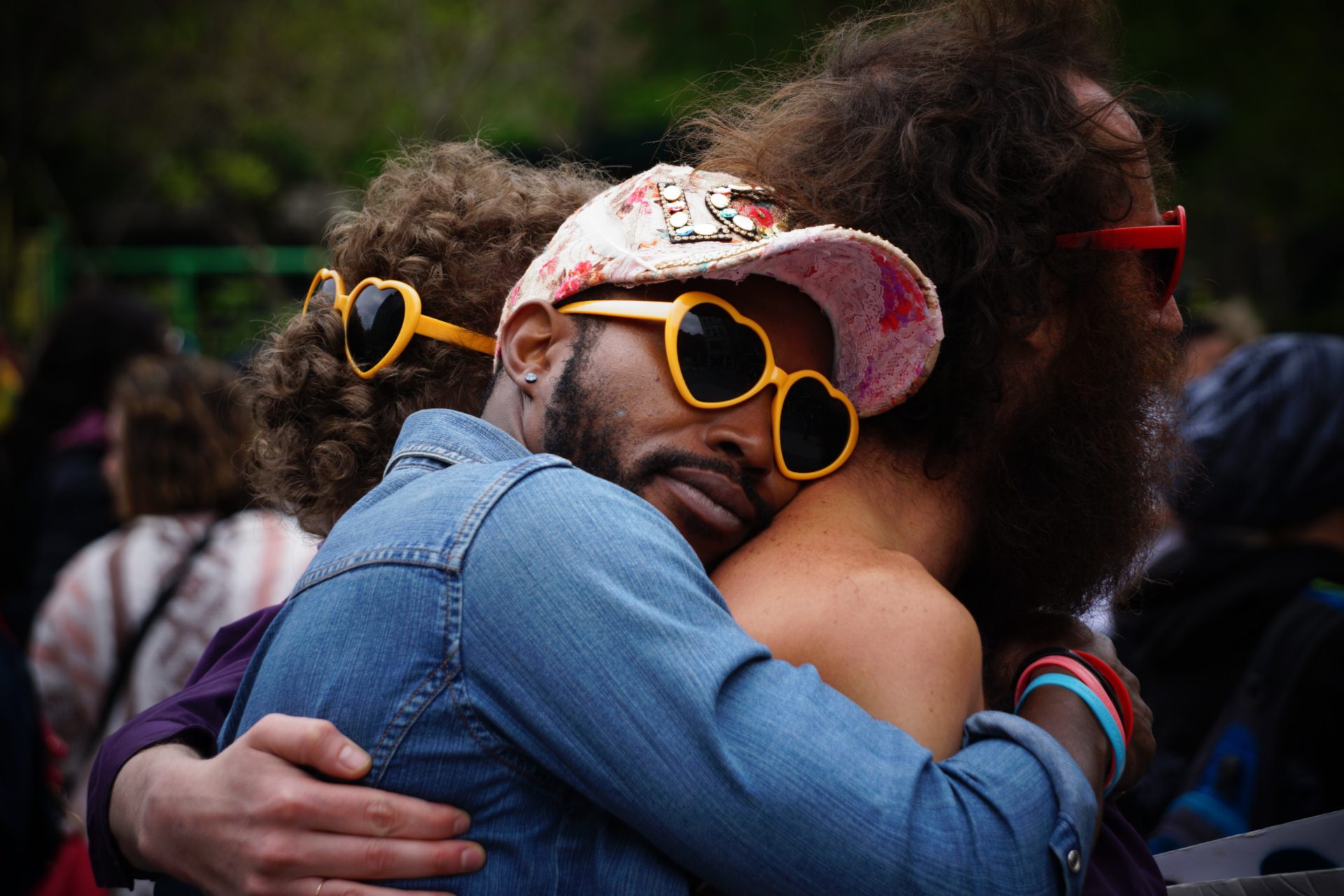
Blurred Personal Boundaries
It’s tough for a codependent person to establish personal boundaries, both emotional and physical. They sort of merge with their partner, leaving no room for their own well-being. Again, that’s because of their fear of abandonment. They fear their partner will stop liking or loving them, so they tend to become clingy as well. Needless to say, when you’re too clingy, your partner may feel like they’re trapped and suffocated. Everyone needs their own personal space. Invading it just to get the excessive attention you need is not the way to go.

Obsessive Need for Approval
Because codependents feel underachieved and have low self-esteem, they become obsessive about getting their partner’s approval. Only then can they start feeling good about themselves. It’s easy to understand where such behavior is coming from, but it’s also quite paradoxical if you think about it. They don’t value themselves very much, constantly thinking they’ll mess things up. They put their partner on a pedestal, valuing everything about them more than their own thoughts. But they still want their partner to value them. They are desperate for approval. Obviously, they don’t take criticism well. They become over-sensitive and easily get angry or too emotional.

Controlling Behavior
Controlling behavior can also be one of the signs of codependency in gay relationships. Being controlling in a relationship gives codependents a sense of security and safety. Because of the need to be in control, they can be bossy, selfish, manipulative, and even aggressive. This also stems from their low self-worth and fear of rejection. It’s also why many tend to be people-pleasers – to manipulate their partners into behaving in a certain way.

Inability to Enjoy Life Outside of the Relationship
Codependents can rarely be truly happy when their partner is not around. Life makes sense only when the two of them are physically together. Otherwise, they may feel empty, lonely, numb, depressed, and unable to function on their own. They’re not in control, so they don’t feel safe. That’s often when those irrational thoughts about cheating start taking over.
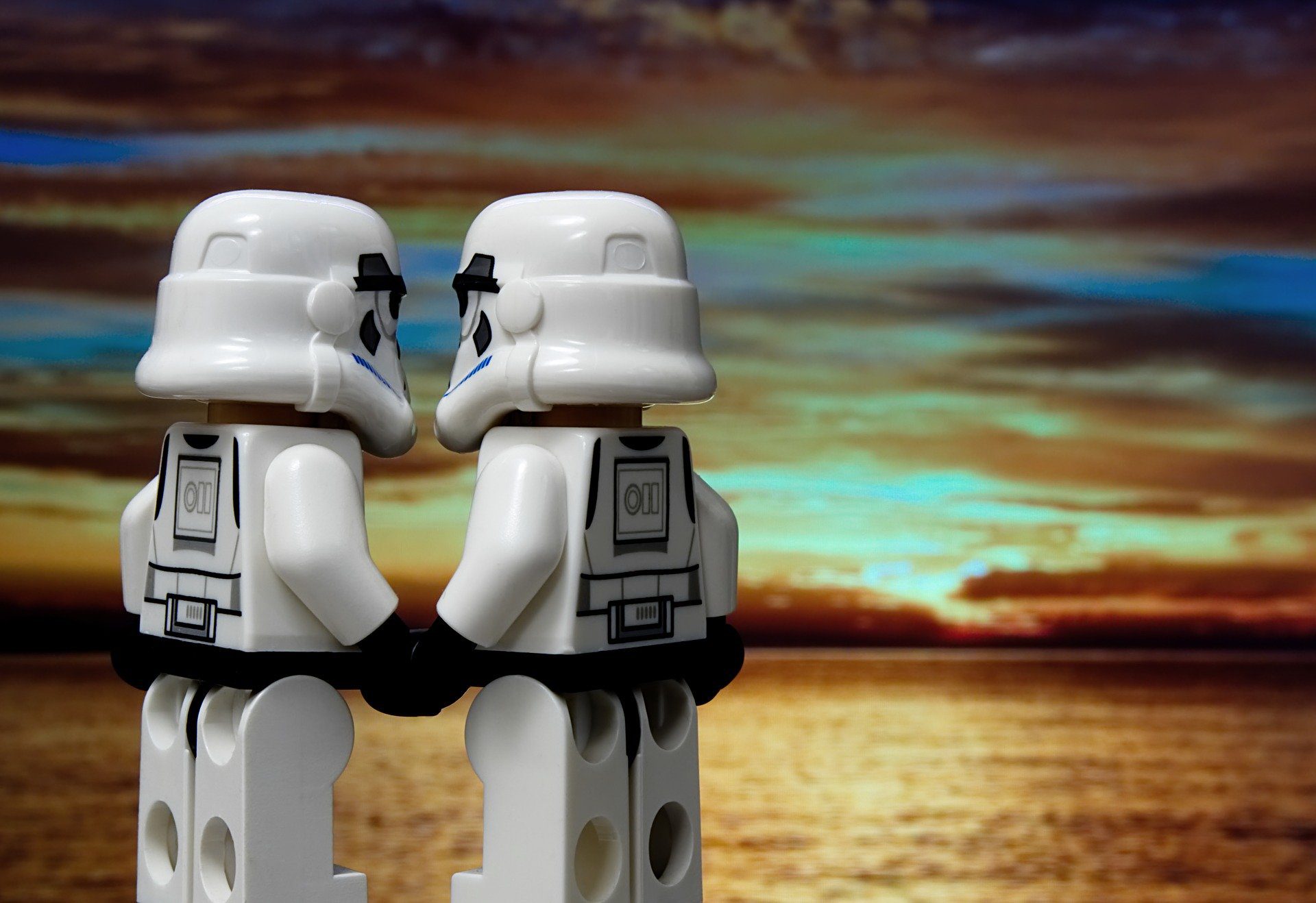
Rationalizing Toxic Behavior
Codependent people don’t see things clearly, so they often make excuses for toxic behavior. They depend on their partner so much that they remain loyal even after being hurt, sometimes even physically. Not only are they in denial, but they also keep trying to fix their partner. They can’t imagine a life without their loved one, so they endure even when a relationship is toxic. To them, that’s better than not being with the person they love.
Being in a codependent gay relationship can be mentally exhausting, no matter what side you’re on. If one of these warning signs indicates that you or your partner may be codependent, it’s time for a change. The good news is your relationship isn’t necessarily doomed. Codependent people can get better with the right type of help.
If you love each other, think about seeking help from a professional who will help you solve the problems, start communicating better, and become a stronger couple. Gay couples counseling can do wonders for your relationship, but only if both of you are ready to make it work.
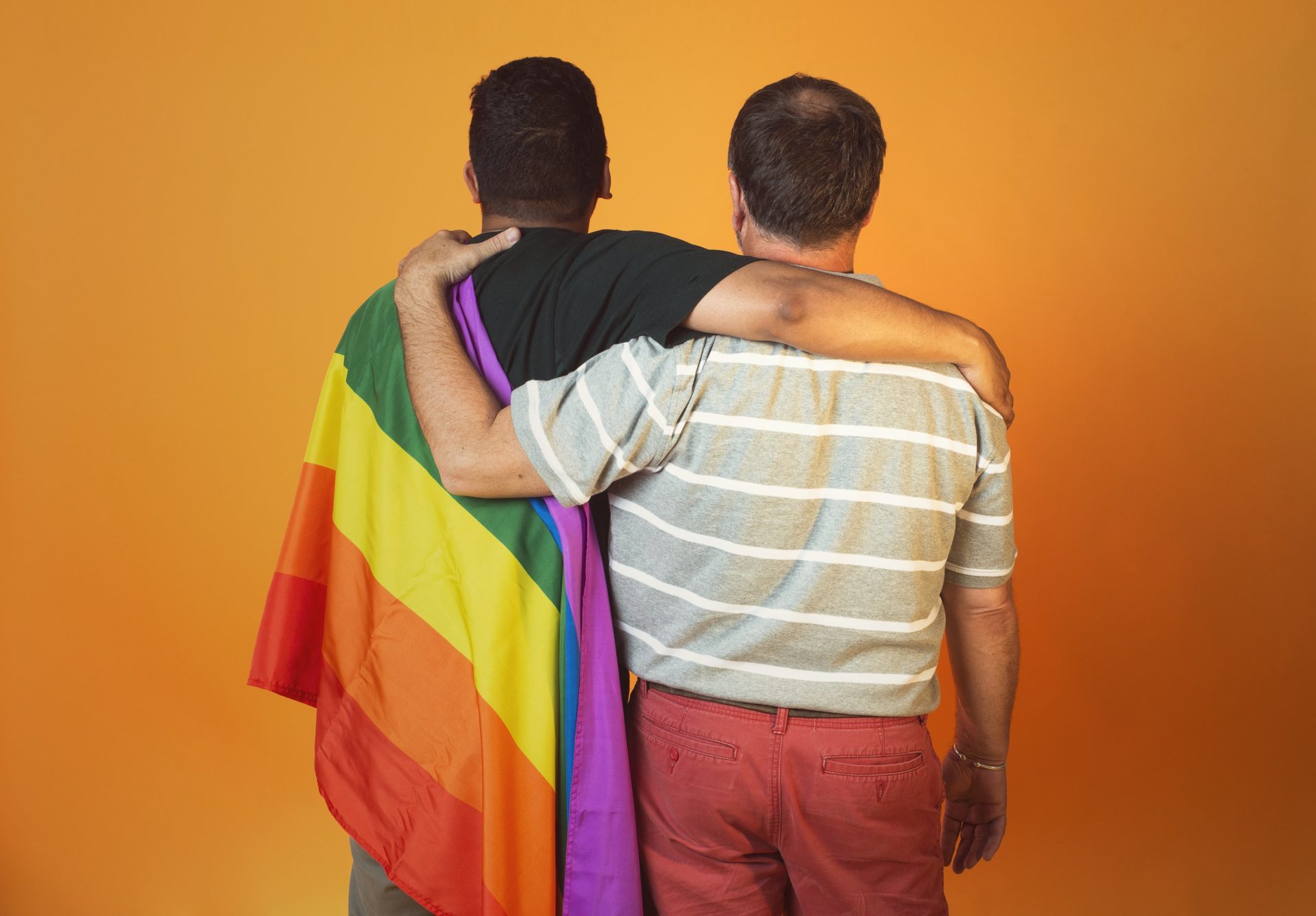
 Author bio
Author bio

Holy shit…I was in a codependent gay relationship and didn’t even realize it. I pretty much ticked the majority of the categories. Fuck!